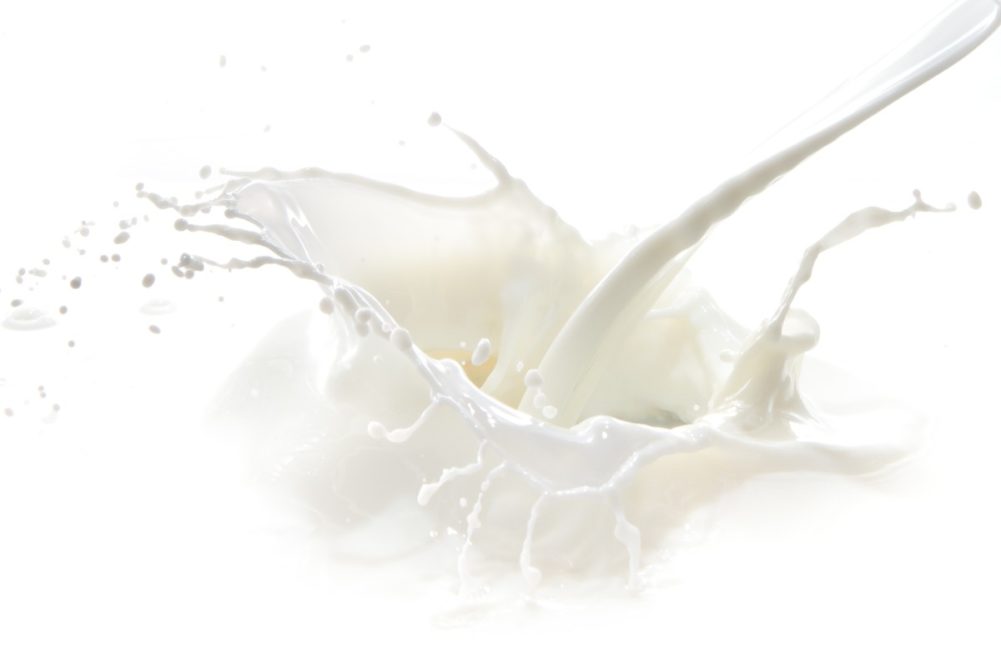Editor’s note: This material should be construed as market commentary, merely observing economic, political and/or market conditions, and not intended to refer to any particular trading strategy, promotional element or quality of service provided by the FCM Division of StoneX Financial Inc. or StoneX Markets LLC.
Predicting dairy prices is worse than playing chess against a cat. There is a new chess bot named Mittens that you can play against on Chess.com, which has crashed at times due to the bot’s popularity. Not only is Mittens a very strong player, it torments opponents. Instead of destroying you right away, it likes to drag the game out, picking you off slowly until checkmate. And it trolls you through the chat function on the site as it destroys you. Why bring this up? Because the dairy market has been equally as vitious.
Dairy prices generally peaked back in April 2022, and the belief was they would bottom out in the fourth quarter with Chinese demand coming back into the market. But that hasn’t happened and prices made another big leg down in the first half of January. It would be nice to say we are now close to a bottom, but every time it looks close to bottom, the market keeps moving down. It doesn’t look like there is anything to turn the trend around in the short-term, but the lower prices we’re seeing now are setting the stage for higher prices in the second half of 2023.
Supply chain fluctuations
First, the supply side. Record high milk prices in the first half of 2022 have pushed milk production higher across the major dairy exporters. US milk production has gone from falling 1.6% below year ago in January 2022, to growing 1.3% in November.
Milk production in the EU-27+UK similarly went from -1.5% in April to +2.1% in November. Falling dairy commodity prices are pulling farm gate milk prices lower, but there is a lag between changes in milk prices and changes in milk production, so good growth in milk production has been baked in for the first quarter but we could see US milk production basically stagnate in the second half of the year with EU production likely falling below year ago again in Q4 2023. The supply side is bearish short-term, but it will become more supportive for prices as we move through the year.
The demand side is rough. China is the largest importer of dairy products, and over the past 12 months its imports are down about 14%, which is one of the biggest declines on record. Domestic sales of butter in the US are down more than 6% YTD through November. Domestic sales in Europe are harder to track, but indications are they are likely flat to lower in Q4/Q1 as consumers deal with sharply higher energy costs.
The removal of zero-Covid policies in China should boost its demand as we move through 2023, and the sharply lower dairy prices should bring buyers back into the market, but it is hard to get optimistic when we’re facing slower economic growth and a possible recession this year.
It’s hard to predict where the bottom is for this market, but supply should start to tighten by mid-year and demand is not likely to get much worse than it currently is. All signs point to the market finding a bottom in the first quarter, and start to trend higher in the second quarter.
The next move is yours, Mittens.
– Nate Donnay is the Director of Dairy Market Insight at StoneX Financial Inc. and has been applying his expertise in large complicated systems and statistical analysis to the international and US dairy markets since 2005.

